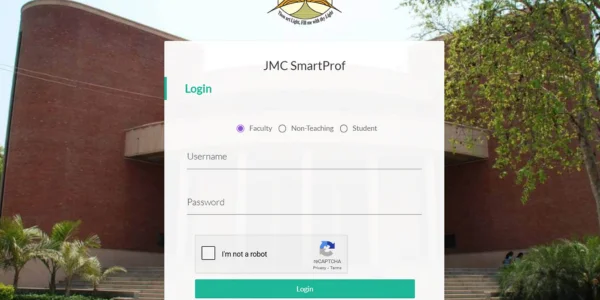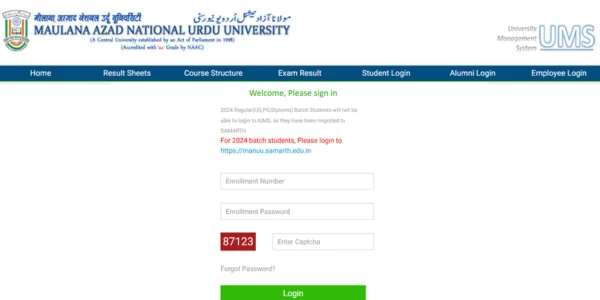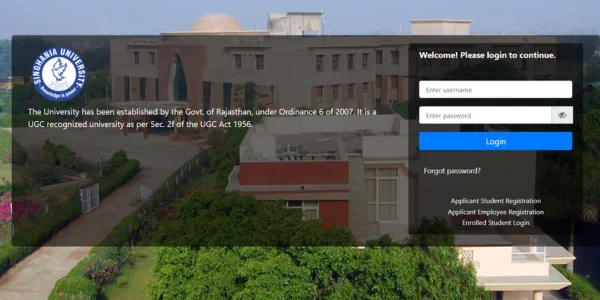BEE course full form is “Bachelor of Electrical Engineering.” This undergraduate program focuses on electrical circuits, power systems, and electronics, preparing students for careers in various engineering industries.
Course Structure and Duration
The Bachelor of Electrical Engineering (BEE) is a 4-year undergraduate program divided into 8 semesters. The course combines theoretical concepts with practical applications in electrical engineering.
Eligibility Criteria
To pursue a BEE degree, candidates must:
- Have completed 10+2 with Physics, Chemistry, and Mathematics (PCM) as core subjects.
- Qualify in entrance exams like JEE Main, JEE Advanced, or state-level engineering entrance tests. Some institutes also offer direct admission based on merit.
Subjects and Curriculum
The BEE course curriculum covers a wide range of topics, including:
- Engineering Mathematics
- Electrical Circuit Analysis
- Power Electronics
- Electromagnetic Fields
- Microprocessors and Microcontrollers
- Control Systems
- Digital Electronics
- Renewable Energy Systems
Practical laboratory sessions and project work help students apply theoretical knowledge to real-world scenarios.
Career Opportunities
Graduates of the BEE course can explore job roles such as:
- Electrical Engineer
- Power Systems Engineer
- Control Engineer
- Automation Engineer
- Research and Development Engineer
Top industries hiring BEE graduates include:
- Power Generation & Distribution
- Telecommunications
- Automobile Industry
- Electronics and Semiconductor Industry
- Renewable Energy Sector
Conclusion
The Bachelor of Electrical Engineering (BEE) course is an ideal choice for students interested in electrical systems and energy management. With vast career opportunities in industries like power, automation, and telecommunications, BEE graduates play a crucial role in technological advancements and infrastructure development.




